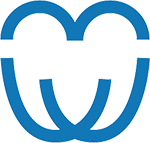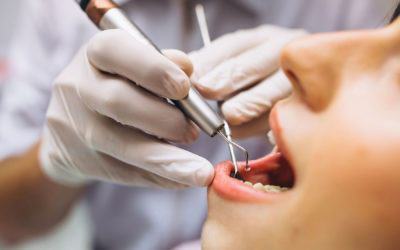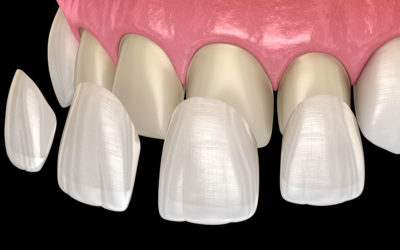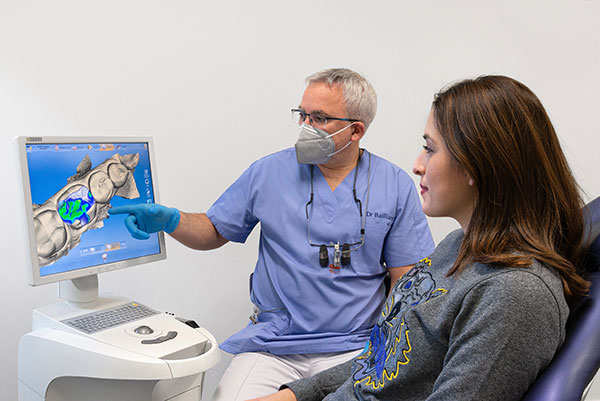
What to do in the event of a dental emergency in Geneva? Steps to take
Are you in Geneva and suddenly suffering from acute tooth pain? A dental emergency can happen at any time, causing stress and discomfort.
Fortunately, there are several options for obtaining emergency care in this city. Here's a handy guide to what you can do if you have an urgent dental problem in Geneva.
Identifying dental emergencies
First and foremost, it's crucial to determine whether your situation really requires immediate intervention. Dental emergencies include severe pain that won't subside with painkillers, broken or knocked-out teeth, abscesses and severe infections. If you're experiencing these symptoms, it's time to act fast.
The following signals are clear indicators of a dental emergency:
- Intense, persistent pain
- Abundant bleeding
- Fractured or pulled teeth
- Infection accompanied by fever
- Severe swelling around the gums or face
Consult a dentist on call
In Geneva, there are several ways to find an on-call dentist. These professionals are available outside normal consultation hours to treat emergencies. You can usually obtain their contact details by contacting the medical services by phone or online.
To find an efficient on-call dentist :
1. Call Geneva's medical emergency service
2. Visit specialized websites listing dentists on call
3. Contact dental emergency centers directly
Dental emergency centers in Geneva
Several dental emergency centers in Geneva welcome patients in crisis. They offer fast, appropriate care for different types of oral problems. Here are a few tips to maximize your chances of receiving appropriate care:
- Make an appointment as soon as possible to guarantee an immediate consultation
- Document your condition to provide the dentist with all the necessary information.
- Bring a small emergency kit with your current medication and ice cubes for temporary pain relief
Preparing for a visit to the dentist
In an emergency situation, here's how to prepare for your visit to the dentist. First, take with you all relevant documents concerning your medical and dental history. Then, be prepared to answer detailed questions about your symptoms and general condition.
Don't forget..:
- Bring your health insurance card
- Bring a list of any allergies you may have
- Note any medication you take regularly
What to expect during the consultation
Once on site, the dentist will evaluate your condition through a thorough clinical examination. X-rays may be necessary to better understand the extent of your problem. Don't worry, these procedures are commonly used and will help pinpoint the origin of your pain.
Your dentist will then discuss the appropriate treatment. Whether it's a filling, extraction or prescription medication, every decision will aim to relieve your pain immediately and prevent any future complications.
Follow post-processing advice
Once you've received emergency first aid, it's imperative that you follow your dentist's recommendations to the letter. This includes taking prescribed medication regularly, following dietary instructions and observing good oral hygiene practices.
Don't forget :
- Schedule a follow-up appointment if necessary
- Report any new pain or unexpected symptoms
- Maintain an oral cleansing routine to promote rapid healing
Ensuring proper follow-up
Most dental emergencies require follow-up after the first treatment.
Take care of this and coordinate your future appointments so that you can properly monitor the progress of your healing. Rigorous follow-up also helps to detect any complications at an early stage.
The main benefits of a good follow-up include:
- Complete, uncomplicated healing
- Rapid identification and correction of potential anomalies
- Personalized advice to improve your oral hygiene
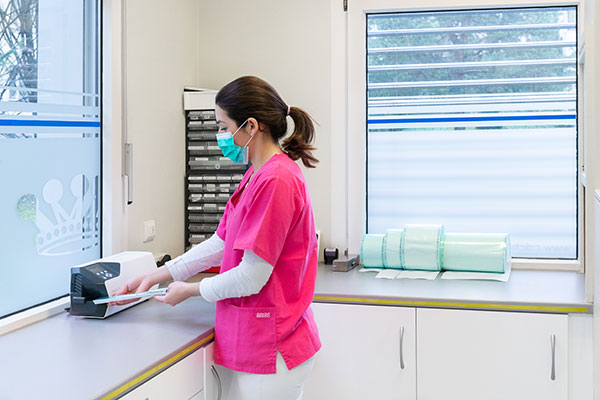
Preventive measures to avoid dental emergencies
Even if some emergencies are unavoidable, taking preventive measures will considerably reduce the risks. Good oral hygiene combined with regular visits to the dentist play an essential role in protecting your teeth.
Some useful tips for preventing dental emergencies:
- Brush twice a day with fluoride toothpaste
- Floss daily to remove food residues
- Avoid overly sweet or acidic foods, which can damage tooth enamel
- See your dentist at least twice a year for a complete check-up
Protective equipment for athletes
If you play contact sports, always use a mouthguard to prevent dental trauma. This simple piece of equipment can prevent many serious injuries, reducing the likelihood of an emergency visit to the dentist.
Active children should also wear helmets and dental protection during sporting activities to ensure their oral safety.
Adopt healthy eating habits
A balanced diet also helps prevent dental emergencies. Vitamins and minerals play a vital role in keeping teeth strong and healthy. Choose calcium-rich fruits, vegetables, dairy products and fish to strengthen your teeth.
It's also a good idea to limit consumption of soft drinks, alcoholic beverages and tobacco, as these substances can weaken tooth enamel and promote oral disease.
Hydration and oral health
Hydration is important for the production of saliva, which helps remove bacteria and food particles from the mouth. Drink plenty of water throughout the day to maintain this essential function and safeguard your oral health.
Finally, remember that prevention is your best ally against dental emergencies. By adopting healthy hygiene practices and eating habits, you greatly reduce the risk of having to face such a situation in Geneva.
What to do in a dental emergency in Geneva?
The Centre Dentaire Champel can handle dental emergencies, even on Saturdays, with rapid response.
In the event of a severe toothache, or an accident, our team of dentists is on hand to relieve your dental pain and provide emergency first aid.
From Monday to Friday, dental emergencies are handled at the office by a Dentist. He will adjust his schedule to treat you as quickly as possible. Your treatment will be easier if you call the office as soon as possible.
Saturday morning dental emergencies are handled on alternate Saturdays between the Champel and Chêne-Bourg Dental Centers.
Discover also the Centre Dentaire Lancy and the Centre Dentaire Chêne-Bourg

